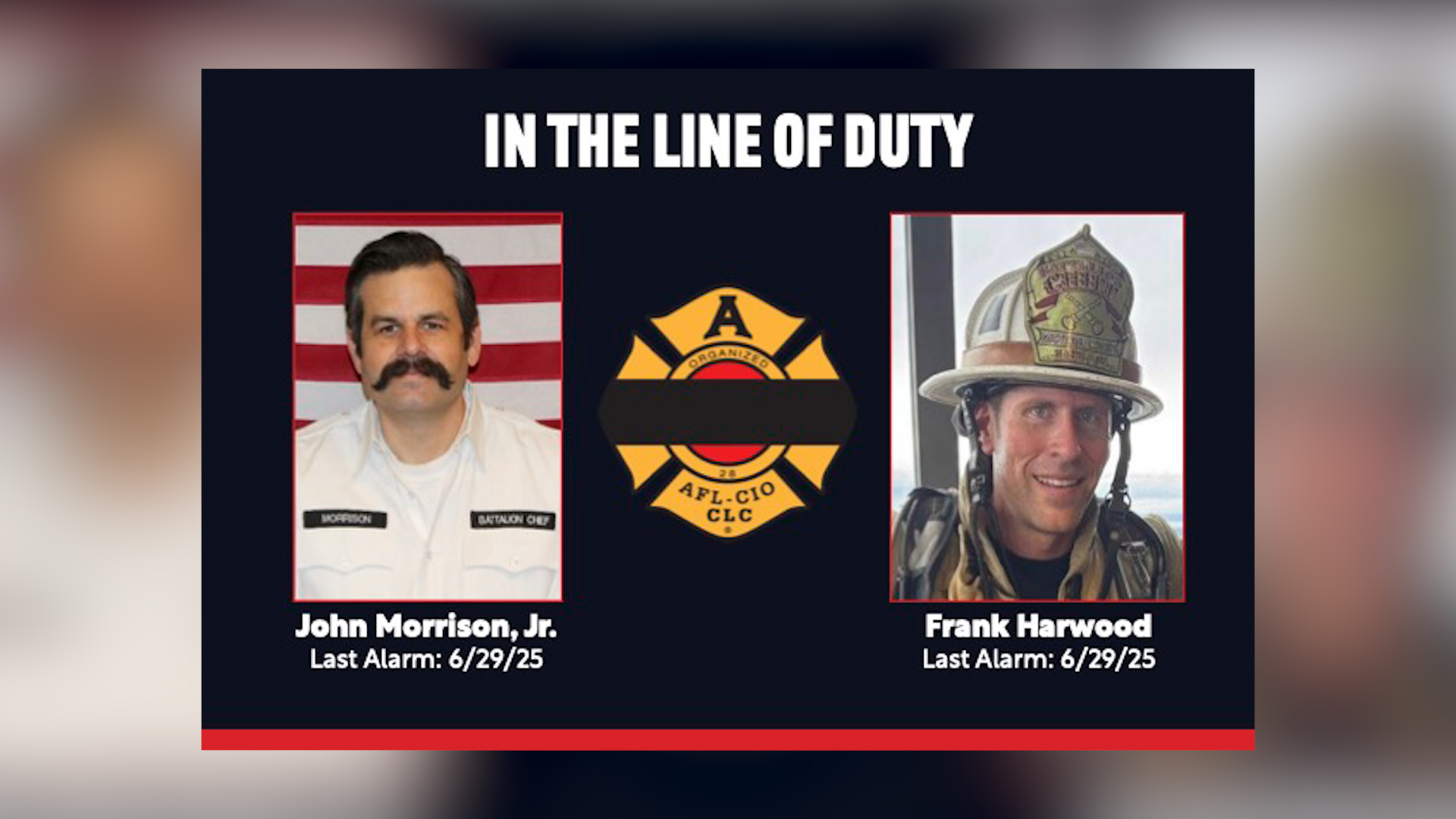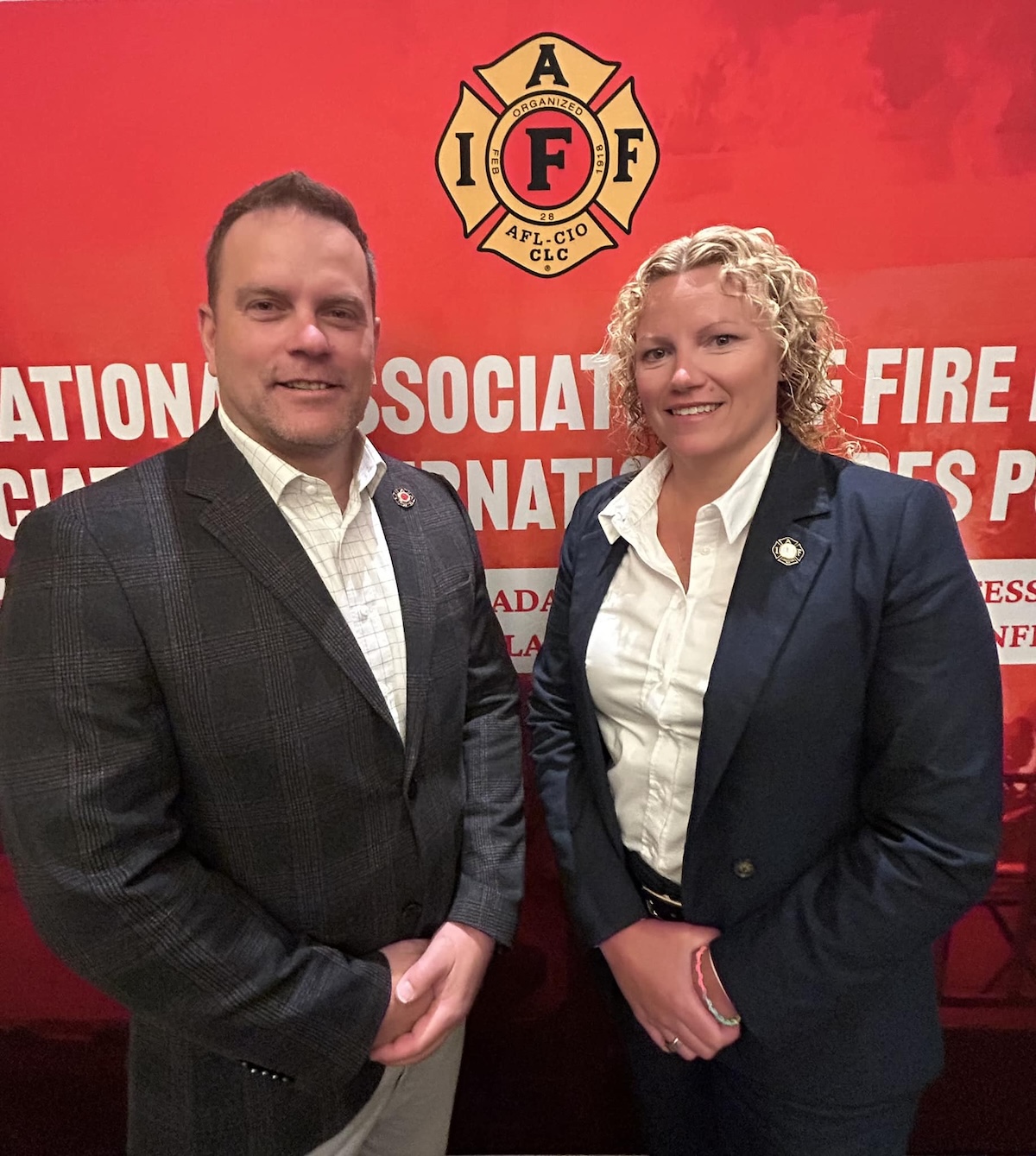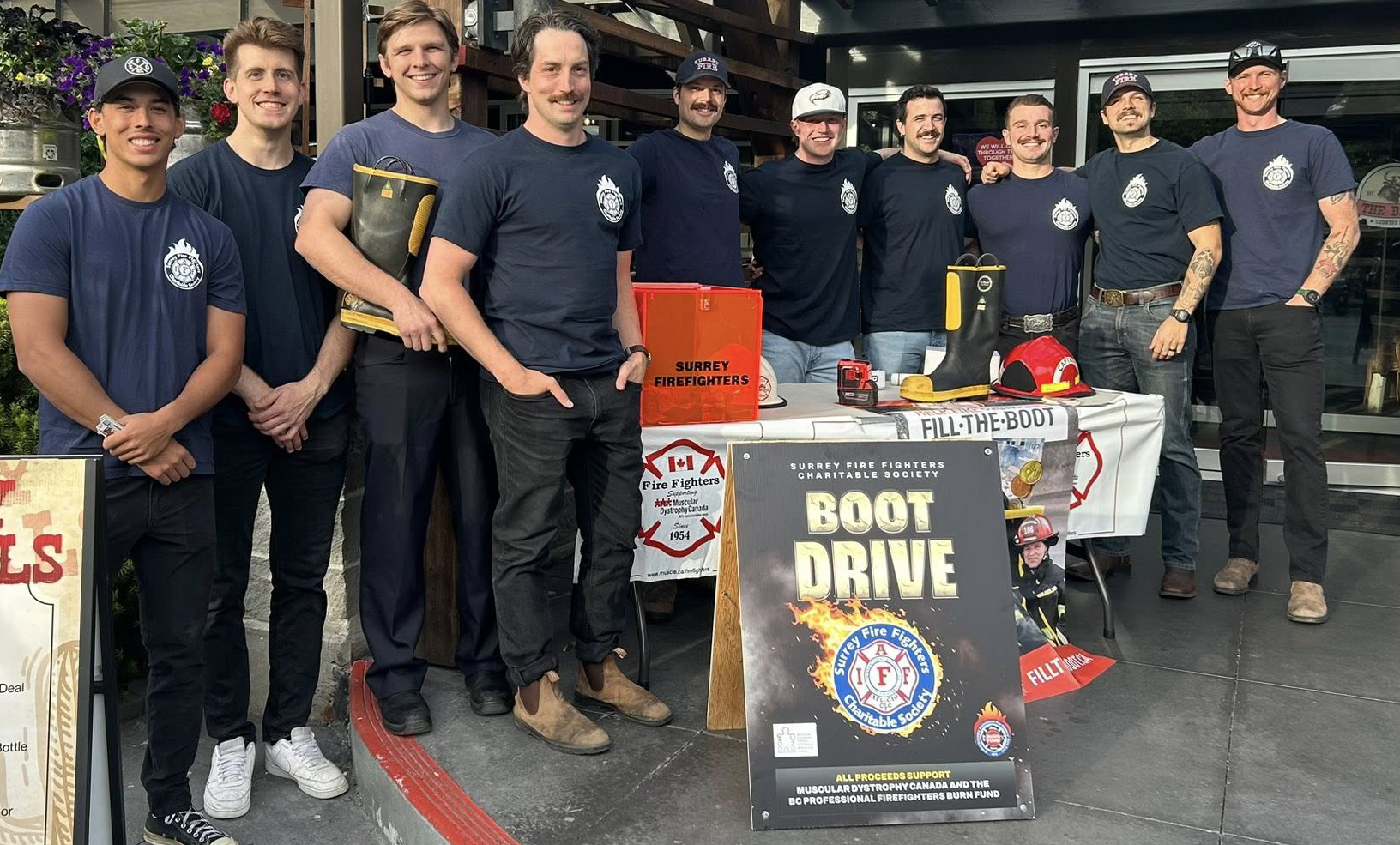Q: How long have you been with the IAFF?
A: I served in the fire service for 30 years, beginning at 22. During 25 of those years, I held positions as an IAFF officer, serving as the president of both my local and state associations. I’ve been actively involved for an extended period. My love for this organization runs deep.
Q: When did you find out about your cancer diagnosis?
A: Approximately five years ago, I attended the IAFF Fallen Firefighter Memorial when I began experiencing pain. Initially, I thought it would subside, but it persisted for several days. The lump I discovered turned out to be seminoma cancer, which had spread throughout my body and was advancing toward my brain. It was a devastating moment when I learned I had contracted the top cancer affecting firefighters. Consistently in the field and never leaving the truck, I faced numerous fires and exposure to hazardous substances, including PFAS-laden chemicals, in my turnouts. This marked a radical shift in my life. I underwent five hours of chemotherapy per day, five days a week, for 100 days—a grueling experience. The doctor candidly informed my wife and me, “Bryan, you have a chance, but I’m going to have to just about kill you with chemo to get you there.” Fortunately, the chemotherapy was successful, and I now approach each day as if it was my last. Throughout that challenging journey, I realized the importance of preparing my family for the future, particularly one that might not include me.
Q: How did supplemental cancer insurance help during this time?
A: I purchased that policy many years ago, anticipating the increasing prevalence of cancer in the fire service. It just made sense to me. At the time, there was uncertainty about whether my cancer would be covered under Arizona’s presumptive laws. Fortunately, my case was covered by worker’s compensation, which was remarkable. The supplemental funds from my cancer insurance became a means for me to secure my family’s future actively.
Q: What should IAFF members consider while preparing financially for the future?
A: My initial step was to renew my will and trust. I utilized funds from my supplemental cancer insurance to pay the attorney, ensuring everything was in order in case I wasn’t going to be here. I verified coverage for every bill, including our house, using the support from my supplemental cancer insurance. It provided significant assistance. There’s a misconception about the costliness of illnesses like cancer or job-related diseases such as heart attacks or strokes. The inability to work during sickness and the potential loss of overtime pay can lead to unforeseen financial challenges. Consider not only immediate medical bills but also guarantee your family’s financial well-being if you’re no longer present.
Q: What’s your advice for IAFF members?
A: Point one is ensuring a secure retirement. While many IAFF members may have pensions, they may not keep pace with post-retirement living costs. Contributing to a supplemental retirement plan is crucial as a primary step. Point two is securing supplemental insurance, especially in a hazardous profession. In an unforeseen incident, it ensures your family’s well-being. Point three is obtaining life insurance. Have you updated your beneficiaries in case of an unexpected event? I’m thankful to General President Kelly and General Secretary-Treasurer Frank Líma for their leadership in these crucial areas. They diligently provide the resources necessary to support and care for our union and members. Do not hesitate to pick up the phone and reach out.



